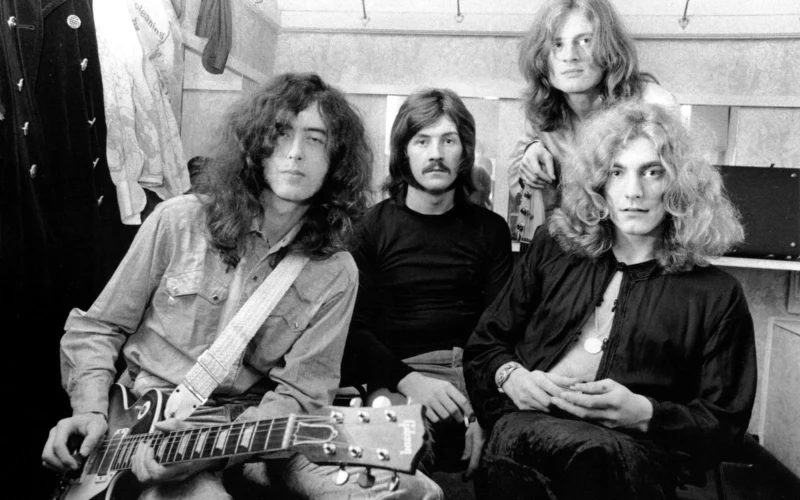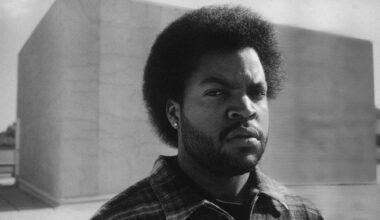Even in their infancy, Led Zeppelin were perfectionists. Recording their debut studio album with no label backing, 36 hours in the studio, and self-funding from Jimmy Page and manager Peter Grant, the self-titled Led Zeppelin arrived in 1969, but not all of the songs the band recorded made it into the final cut.
One of the songs they had initially intended to include on the album was ‘Baby Come on Home’, written by Page, Robert Plant and Bert Berns. A tribute to the death of the latter, the recording reportedly went missing, only resurfacing over two decades later amidst studio renovations. But the band had other reasons for keeping the song hidden.
Led Zep left the song unfinished as they weren’t happy with the backing vocals for the track. “I don’t think we finished it,” Page is quoted as saying in Light and Shade: Conversations with Jimmy Page, “the backing vocals weren’t very clever. And at the time, we thought everything else was better. Simple as that, really.”
It’s unsurprising that Led Zeppelin initially opted to omit the track from their debut. Featuring bright organ and soul soundscapes, the track didn’t quite fit into the hard rock sound that the band would come to be known for. Between their dissatisfaction with the recording, perceiving it as inferior to their other work, and the song’s distinction from their prevailing sound, the exclusion of ‘Baby Come On Home’ makes sense.
Nonetheless, Page retains that he was a fan of the song and its vocal parts. “Don’t get me wrong,” he stated, “the track is good, and Plant’s singing is excellent.” The iconic guitarist simply put the decision down to the band’s perfectionism: “It’s just that we set such high standards for ourselves.”
Though the reception to their debut record was somewhat underwhelming at the time, those continually high standards did not go amiss, as Page and his bandmates would go on to become one of the most acclaimed and influential rock bands of all time.
By the 1990s, Led Zeppelin were finally ready to unveil the track. Perhaps prompted by its resurfacing and no longer concerned with rock perfectionism, the band featured the song on the first disc of their 1993 double album, Led Zeppelin Boxed Set 2.
While the song doesn’t come close to the popularity or legacy of rock hits like ‘Immigrant Song’ and ‘Stairway to Heaven’, it does provide a look at the early days of Led Zeppelin and demonstrates their cross-genre capabilities.






